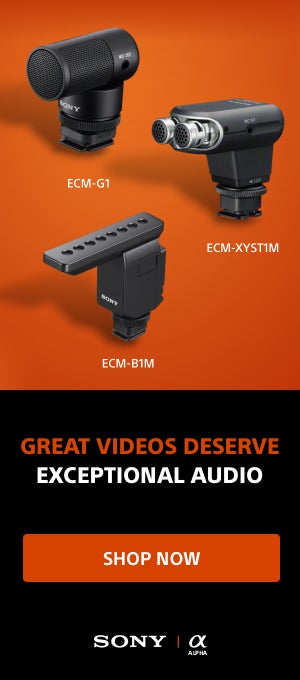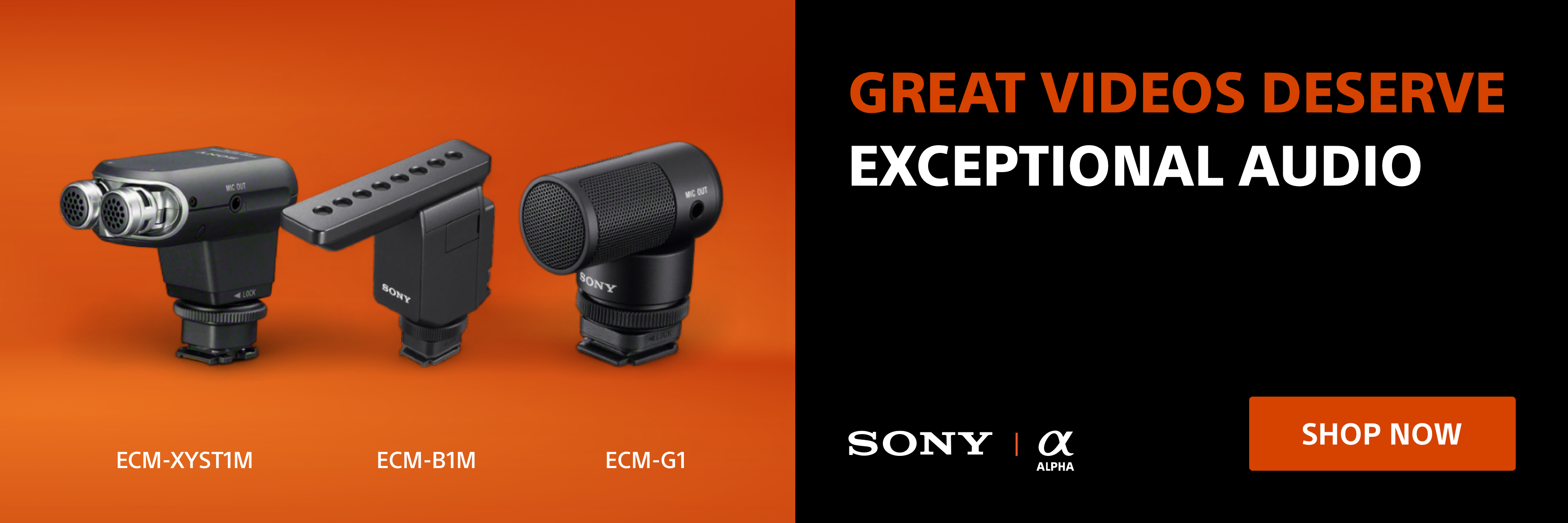Stepping into the world of commercial photography can be quite daunting. In lieu of the security of a steady paycheck and benefits, new freelancers face the prospect of inconsistent work and few guarantees. Still, young pro Travis Carroll says the freedom is absolutely worth the inherent challenge. With a few years under his belt he’s learned a few things about making it as a commercial photographer. Namely, if you’re waiting for the perfect time, don’t, as the perfect time will never come. Instead, if you’re sure it’s what you want to do, stop waiting and go for it.
“I knew very specifically that I wanted to be a commercial shooter,” Carroll says. "Going freelance was something I had dreamed about for a while, but I would constantly come up with excuses not to leave a well-paying salaried position. It was difficult to leave that large paycheck, but I value the freedom more than almost anything. My best advice to someone thinking about it is to just do it. If you don’t, you won’t.”
Carroll learned the ropes by interning at a commercial studio. That taught him the necessary skills with equipment, technique and workflow, and it led to a full-time shooting position for a company in the automotive industry. After about a year he was ready to go freelance—mostly because he was tired of the tedium that comes with punching the clock.
“I became frustrated with the corporate environment,” Carroll says, “to the point that I decided I would jump out on my own. However I had no jobs booked, no clients and hardly any idea how to approach a shoot on my own. It might make a little more sense to build up a few clients before jumping out, but my salaried position was full time, leaving no freedom for assisting on the side. Getting time off work wasn’t exactly easy either. It required a two-week advance notice and in such an inconsistent industry where that wasn’t always practical. But I was fed up with the program in place and I knew I didn’t want to get sucked into another position with such limited freedom. My main reason for leaving was because of the lack of freedom. I found that when I was forced to shoot things, the passion for the craft dwindled and I was afraid of losing my love for photography. Freelance was something I had been wanting to do for a while, though I had no idea what I was in for.”
“Freelance is challenging,” he says. “It’s countless hours of emails, phone calls, scheduling, accounting, website development, social media management, etcetera. If you ever thought you were busy before you were your own accountant, marketing manager, shooter, retoucher… You might encounter a rude awakening when leaping into 100% freelance work."
There’s a lot to know as a new photographer. From the value of the services you’re providing to the language used by customers and colleagues that signals you’re a capable pro. The best way to learn these things, Carroll says, is by assisting. It’s something he continues even as his schedule as a photographer fills up.
“Never stop assisting,” he says. "The only real way to learn how to properly run a set is to help someone else run theirs. I’d strongly recommend assisting for a solid one to two years before going out on your own as a photographer. Expose yourself to all kinds of sets and several different shooters; that's where you’ll gain the best knowledge and it’s knowledge that you can’t be taught in any school or on any YouTube video. Even now as a shooter, I still assist as much as possible. There’s no end to the race of photography. It helps to constantly learn as much as possible to keep yourself current and very well educated in many different facets of the industry. Ask a ton of questions. Learn how to style props and food. Learn about what a producer does, how the agency side works. Learn everything there is to know about pre-production, client communication, estimating, usage rights… Learn, learn, learn. Do your homework and make sure you speak the language fluently. And know your worth. This is a major mistake I made when leaping into freelance. Because I had literally no money I was forced to work for next to nothing. That made it harder for me to raise my rates appropriately when the time came. This is still something I’m battling with return clients.”
Lastly, Carroll says, it’s easy to fall into the trap of gossiping among colleagues about others in the industry. This is a huge problem for new freelancers, he says, because it can quickly earn you the reputation as unreliable and, even worse, unprofessional.
"The less you say, the better,” Carroll adds. "This is a very important lesson that can only be learned the hard way. Keep in mind that everyone talks. Don’t speak badly about anyone once you start your freelance career. I find it’s best to never speak about anyone in general, but if you must, speak neutrally or positively. Drama in the industry is just about as bad as in high school, except it can ruin your career this time around. Keep that in mind.”
To learn more about Travis Carroll and his work, visit his website at www.carrolltravis.com



